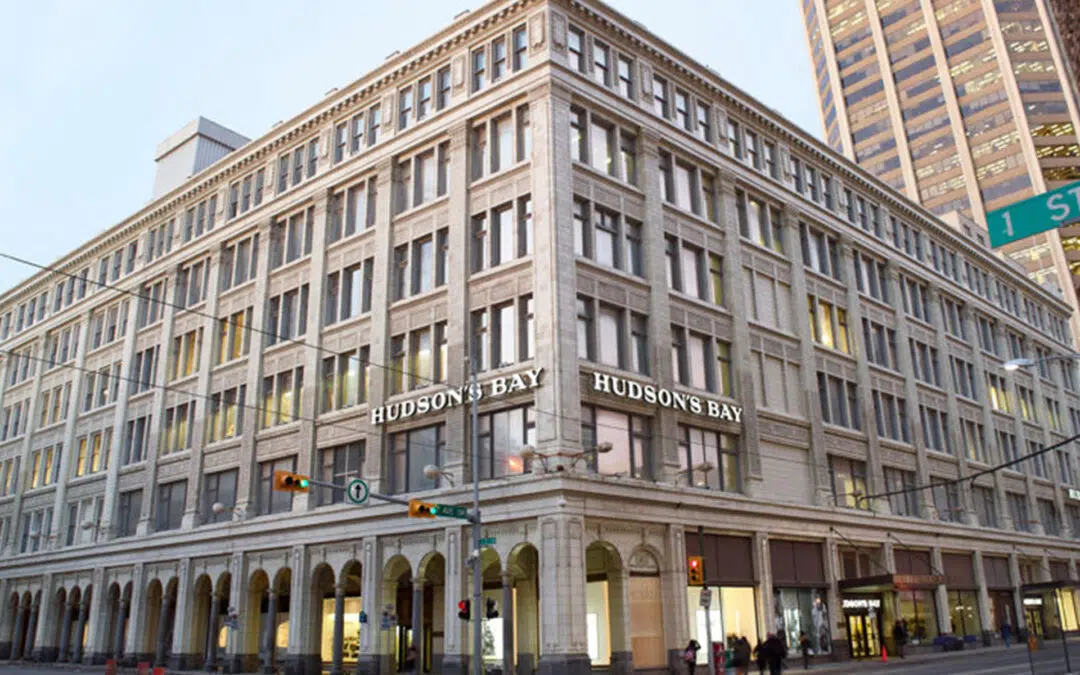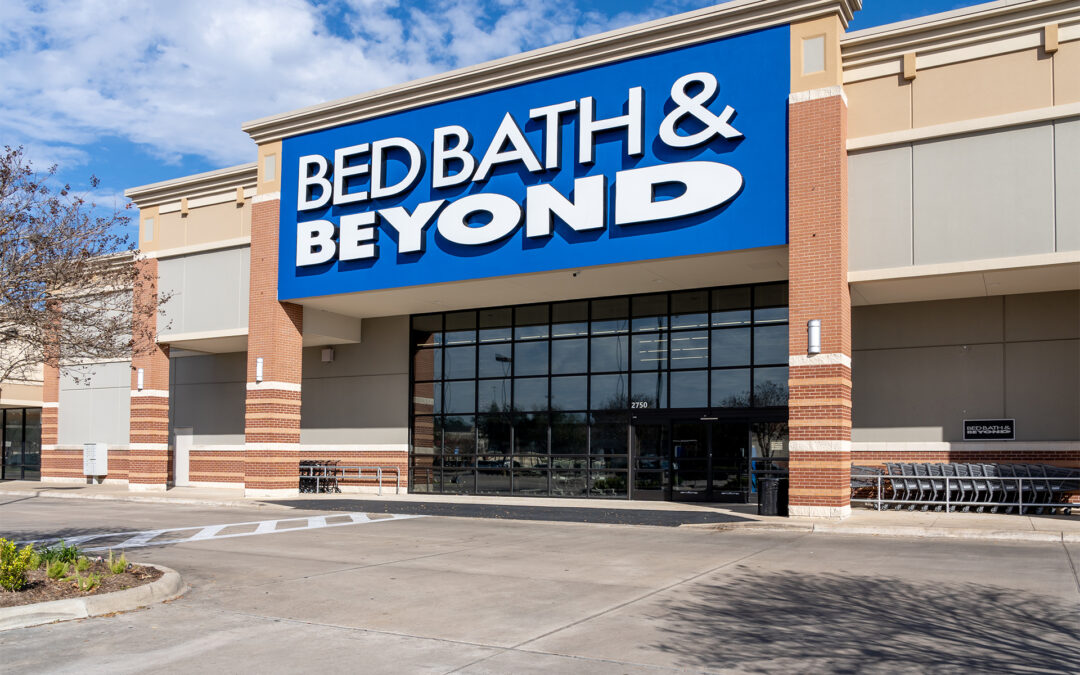Inflation will have a major impact on how consumers approach the upcoming holiday season, according to Bluedot, which tracks customer arrivals at stores and websites.
In Bluedot’s third annual Holiday Shopping Habits report, based on a September survey of more than 1,000 consumers across the United States coveted deals and discounts as they faced inflation. In fact, 88% of consumers surveyed said they planned to look for discounts and offers as they shop for the holidays, although, the majority, 63%, aren’t expecting better deals. Consumers will hunt for discounts on retail store websites and mobile apps followed by loyalty programs, emails and discount websites.
On the inflation front, 91% of consumers expect prices to be higher this holiday season due to inflation, with top concerns for shoppers including price increases, 72%, inventory shortages, 55%, long lines and wait times, 43%, empty shelves, 39%, staffing shortages, 37%, and having less money, 36%.
Many shoppers realize oversupply issues will affect their shopping as this year winds down, with 57% aware that retailers are dealing with inventory challenges, but they are split on whether they’ll benefit. Of the aware, 44% expect higher prices due to inflation while 44% expect better prices.
As summer ended, three in four consumers had already started saving up or were planning to save up for holiday shopping. Consumers are looking to save by tracking down deals, 48%, shopping earlier, 31%, eating out less often, 29%, and driving less to save on fuel costs, 26%.
In-store overtook online as the place where consumers prefer and plan to do more shopping this year, the survey indicated. In both 2020 and 2021, consumers favored e-commerce over stores for holiday gifts, according to Bluedot. As for their in-store shopping experience, 61% of consumers favored self-service over staff assistance, a potential sign that investments in automation strategies have paid off, Bluedot observed.
Still, eight in 10 plan to shop on mobile apps the same amount or more this year as compared to the 2021 holiday season. Consumers turn to mobile apps because they are fast and easy to use, 55%, a way to look for discounts, 38%, helpful when they can’t find items in store, 38%, a means to shop for better prices, 36%, and aid in checking for physical or online store inventory, 27%.
Buy now, pay later will again have an important influence on the holiday after making gains a year ago, as four in 10 consumers noted that they plan to use the short-term financing option for holiday gifts. Indeed, 48% of Gen Z and 47% of Millennial shoppers plan to take advantage of BNPL. A large proportion of consumers expressed a willingness to take on debt in this year’s holiday season, if with conditions, as 43% of consumers indicated that they would be more likely to open a new retail store credit card this holiday season in order to receive discounts and offers.
Buy online pay in-store is widely popular among holiday shoppers, Bluedot maintained, with 78% planning to take advantage of BOPIS fulfillment. At the same time, consumers ranked excessive wait times as what they disliked most about pickup at curbside, 44%, and in-store, 43%.
Three-quarters of shoppers acknowledged being open to retailer marketing during the holidays and half stated they were more willing to sign up for loyalty programs during this time, Bluedot pointed out. However, they want something in return, with 52% looking for coupons, 41% looking for deals, 39% looking to save money, 29% looking to track the delivery of purchases and 25% looking to learn more about loyalty programs. Social commerce gained traction with 41% of survey respondents planning to shop via social media, a jump from 32% during last year’s holidays. Social commerce is particularly popular among Gen Z shoppers with 56% likely or very likely to purchase a holiday item via social media.
“This year’s holiday shopping data signals a major opportunity for retailers not just to lure consumers to the store, but also boost long-term customer engagement,” said Judy Chan, Bluedot CMO, in announcing the data. “There is no time better than the holidays to imbue and impress consumers as they are more willing to hear from retailers. Those that prioritize loyalty from an overall mobile, digital strategy, including easy-to-use mobile apps and websites with high-value deals and discounts, are much better positioned to increase revenue, deliver a differentiated customer experience, and ultimately boost brand engagement and customer retention.”





